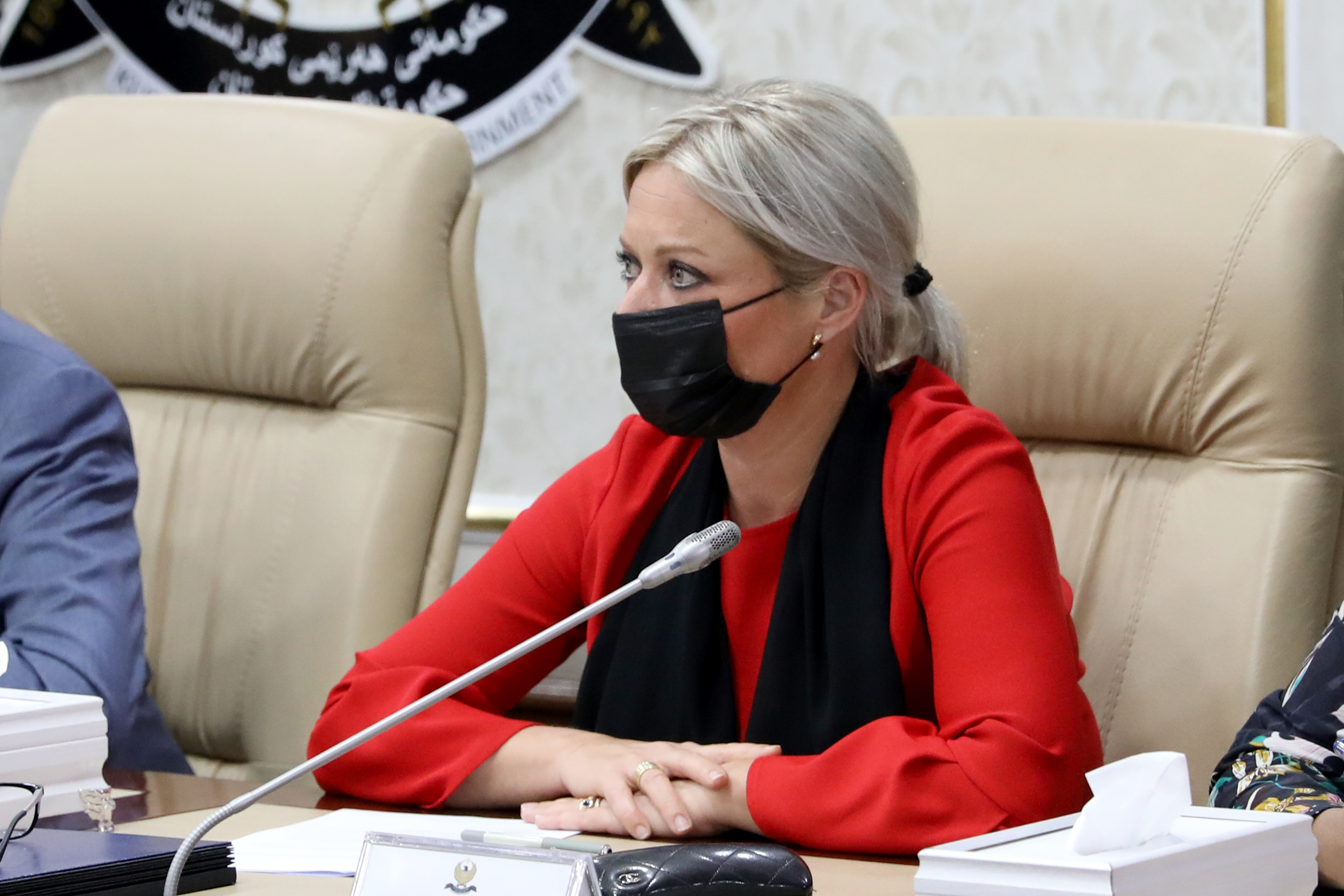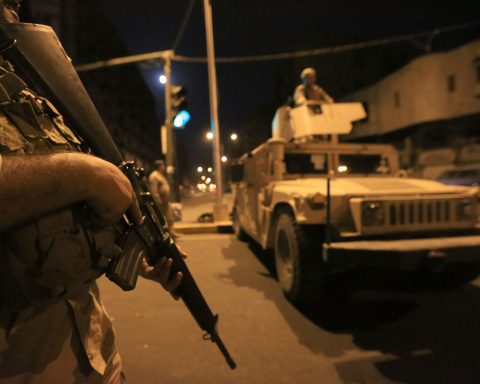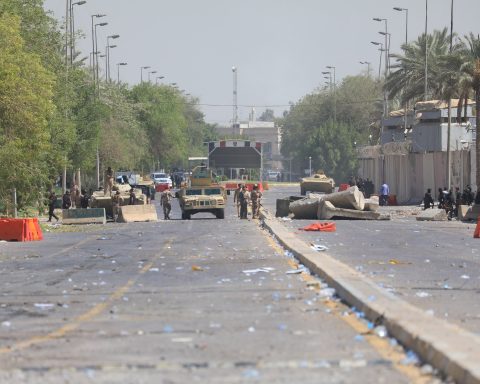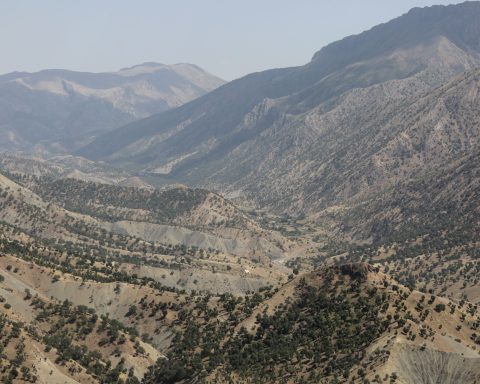Jeanine Hennis-Plasschaert, the Special Representative of the United Nations Secretary-General for Iraq, met the mother of slain civil activist Ihab al-Wazni on Thursday.
The brother of the late activist, Marwan Al-Wazni, told reporters that they discussed the growing number of assassinations targeting civil activists as well as the investigation into the killing of his brother Ihab.
“We told Hennis-Plasschaert that we were not informed of the progress of the investigation into my brother’s killing. She promised to transfer this matter to the concerned authorities and prepare a report for the United Nations.” he said. The family expects the UN to urge Iraqi officials to disclose the identities of those who are behind the targeted killings.
According to UN Assistance Mission for Iraq, Hennis-Plasschaert expressed “her heartfelt condolences and explained the UN’s efforts to promote accountability for the attacks targeting civic and political activists.”
The meeting came after a UN service vehicle appeared to ignore the mother’s pleas at a protest in Karbala earlier in the week. The car drove away as Samira al-Wazni tried to make contact with the officials.
Wazni’s mother had taken a more prominent role in protests calling for accountability for her son’s assassination after Qasim Musleh, the head of operations for Popular Mobilization Forces in Anbar, was released from detention based on insufficient evidence tying him to the murder of the civil activist.
On May 26, Musleh was arrested for his alleged complicity behind Wazni’s assassination. Wazni’s mother repeatedly proclaimed Musleh had threatened to kill her son and once said “if there is only one day left in my life; I will use it to kill you.” While the judiciary argued that the evidence presented to the court was inadequate to convict Musleh, analysts believe the commander was released due to pressure from PMF factions backed by Iran, who threatened to escalate tensions if their leader was kept behind bars.
In October 2019, protests erupted across the Shia-majority provinces of Iraq railing against unemployment, corruption, and the growing influence of Iran-backed militias within the Iraqi state. As many as a hundred thousand Iraqis joined the protests, dubbed “the October Revolution”. The demonstrators were met with violence by both state security forces as well as militias under the banner of the PMF.














